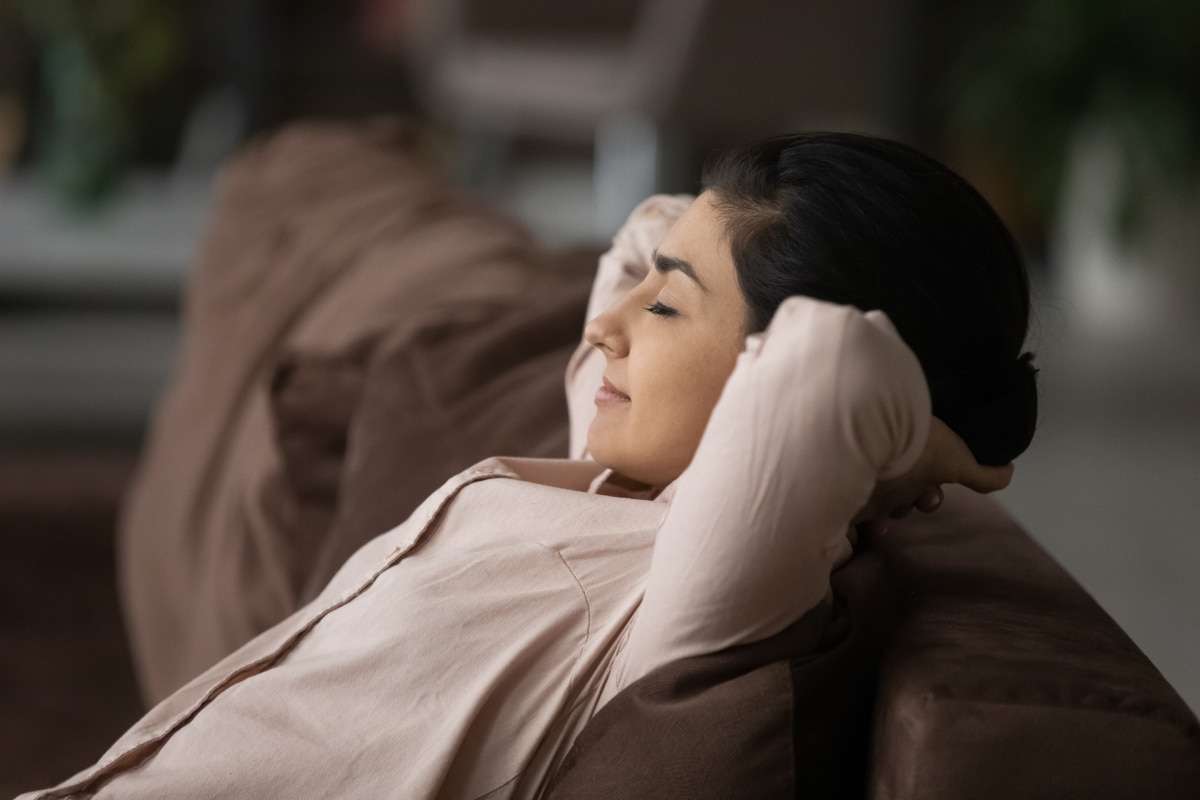The “blue mind theory,” coined by marine biologist Dr. Wallace J. Nichols, suggests that proximity to bodies of water can induce a meditative, stress-relieving state in humans. While not everyone has access to a coastline, engaging with any form of water can be beneficial to one’s mental wellbeing. Researchers encourage individuals to intentionally visit bodies of water, emphasizing that even short, solitary, and device-free visits can have significant benefits.
Key Points:
- Blue Zones, areas with a high concentration of centenarians, are situated along coastlines and show a 17% reduction in mortality rates. Living within 250 meters of a seaside environment reportedly reduces stress levels.
- The “blue mind theory” by Dr. Wallace J. Nichols posits that the sight and sound of water triggers a response in the human brain that elicits feelings of being in the right place.
- Temporary proximity to clean water can act as a form of stress therapy, inducing a meditative state and promoting feelings of relaxation.
- Engaging with water bodies can lead to positive transformations in the body, such as the release of “feel-good” hormones, decreased heart rate, and increased mindfulness.
- Instead of treating visits to bodies of water as special events, people should consider regular, affordable, and accessible visits, even if solitary or short, to nearby water bodies. The focus should be on the sensory details and the soothing predictability of water sounds.
Source: https://www.insidehook.com/daily_brief/health-and-fitness/blue-mind-theory-water-relaxation






